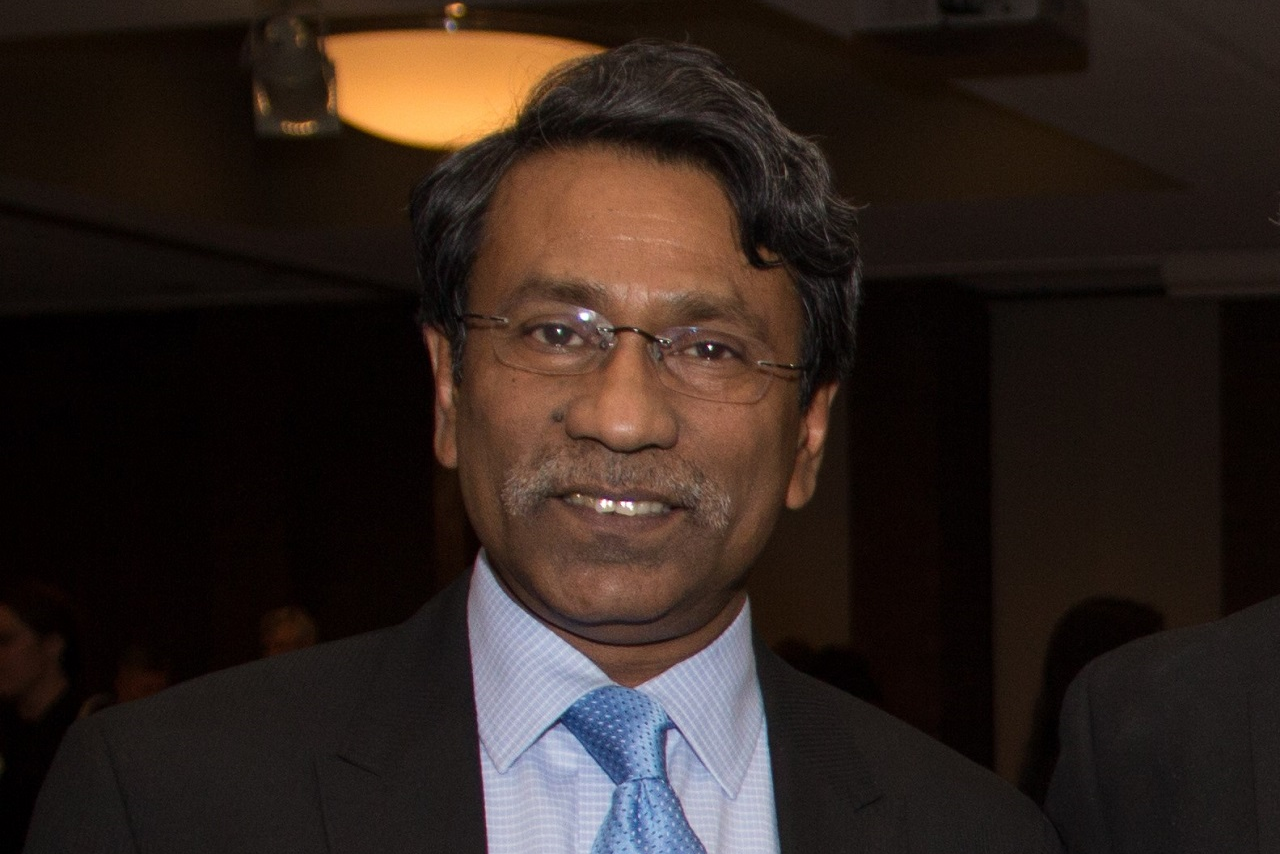Distinguished Professor Ali Riaz has published a co-authored paper on the strategies of election manipulation in the 2018 Bangladeshi election. The paper published in the journal Democratization shows that methods adopted by the ruling Awami League to rig the election included creating a climate of fear, neutering opposition candidates through imprisonment and confinement, disqualifying opposition candidates, limiting the effective oversight of the electoral process through denying international observers, and establishing control over media before the election day and ballot stuffing. It also discusses the roles of the electoral commission, civilian administration, law-enforcing agencies and the courts.
The paper is titled “Anatomy of a Rigged Election in a Hybrid Regime: The Lessons from Bangladesh,” and is co-authored with Saimum Parvez of the University of Sydney. Authors insist that with the global proliferation of hybrid regimes, manipulated elections are on the rise as the rulers of hybrid regimes organize elections to maintain the veneer of democracy. Yet available studies on hybrid regimes have not explored the detail mechanisms of election manipulation and the role of various institutions in the process. The paper addressed this gap through the case study of the 2018 Bangladeshi election, which delivered an unprecedented victory to the incumbent.

